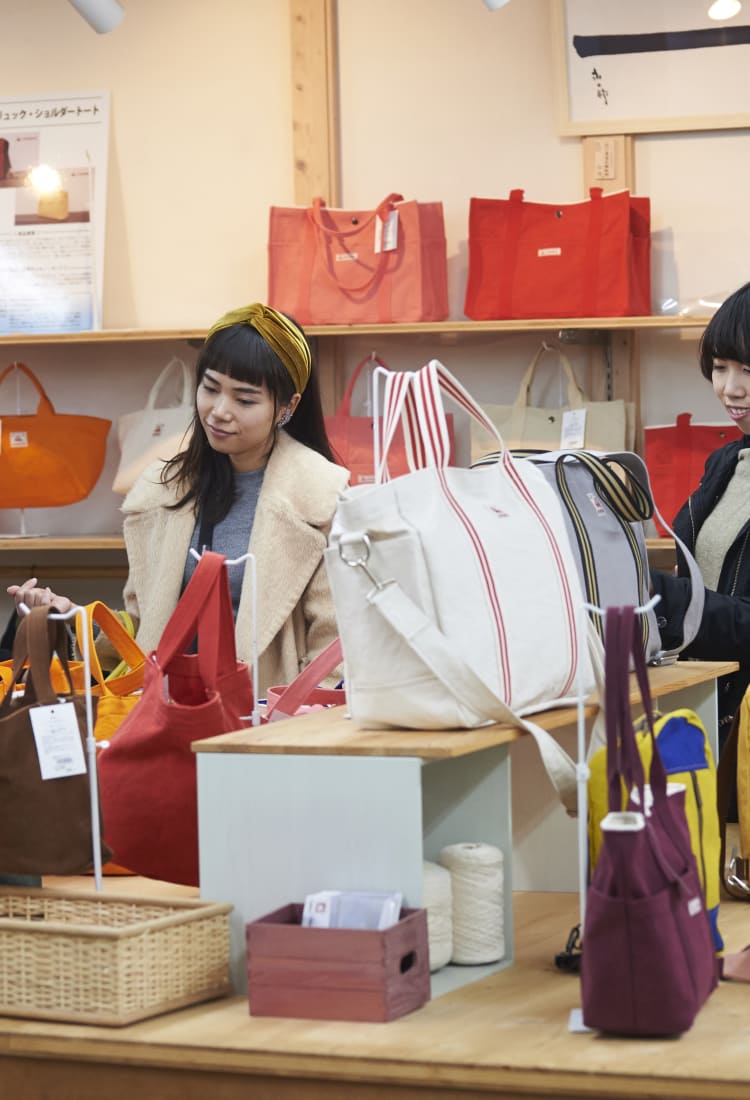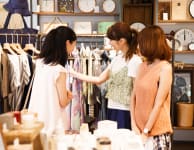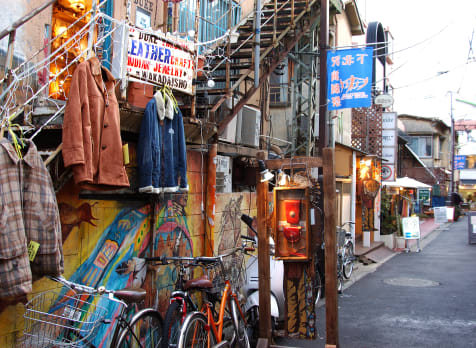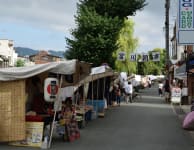Most commonly known for its high-end electronics, Japan has a wide range of shopping
Some basic things should be kept in mind while shopping in Japan. These tips will help you as you go from high-end brand goods, 100 yen shops and small family-owned shops throughout the country.
Q: When shopping, can I bargain with the shopkeeper?
A: In general, most shops won't haggle about prices. At any big name shop, at best, they have a price-matching system. In the smaller, privately owned shops you will occasionally find places willing to make a deal. If something is a bit too pricey it doesn't hurt to ask, but generally, expect to pay what's marked. On the note of smaller shops: Credit cards are gaining in acceptance but Japan is still largely a cash-based country. Be sure to carry cash, and don't feel bad for paying for a small purchase with a 10,000 yen bill.

Q: How does tax exemption work?
A: Check for the “Tax-Free Shop” logo or ask a sales assistant if the shop offers tax-free purchases. Be sure to bring your passport with you (or your cruise ship tourist permit). Spend over 5,000 yen on either general goods or consumables. After purchasing your goods, take the items, your receipt and your passport to the tax-free counter and fill out the forms. The VAT will be immediately deducted from your purchase, and your items will be placed in a special bag for tax-free items. Be sure to keep your Record of Purchase and submit it to customs when you leave Japan. For more information, please refer to our Tax-Free Shopping Guide
Q: What is “gift wrapping service?”
A: Most shops, especially in tourist areas, offer a free (or reasonably priced) wrapping service upon purchase. If you tell the clerk your items are a gift, they will wrap up your items for you, saving you the time and effort. Just make sure to keep track of what's what. It can be difficult to remember everything you've bought after a lot of shopping when everything is so nicely wrapped.
Q: What should I do when I want to try something on?
A: Talk to a salesperson when you want to try something on. They will guide you to the changing rooms, and assist you when necessary. Some changing rooms require you to take off your shoes, and others will ask that women use a face cover to prevent makeup from coming off onto the clothes you're trying on. Just pay attention to the clerk, they're always happy to help.

Q: When are the big bargain sales?
A: These usually happen twice a year—first in the beginning of January for the new year, and in July during the beginning of summer. Check out the individual websites as the season approaches as they're announced ahead of time. The sales last for around a month, but the most popular items will sell out quickly so show up early. If you're just looking for the lowest prices, coming at the end of the sale will offer the biggest bargains. One noteworthy addition to the normal sales is the fukubukuro, or grab-bag. These are usually sold only on January 1 or 2 and offer a variety of goods in a sealed bag. You never know what you'll get, but you're guaranteed to get more than what you paid in value. These are so popular that some places see people camping out overnight or even for days for a chance at buying one.































































